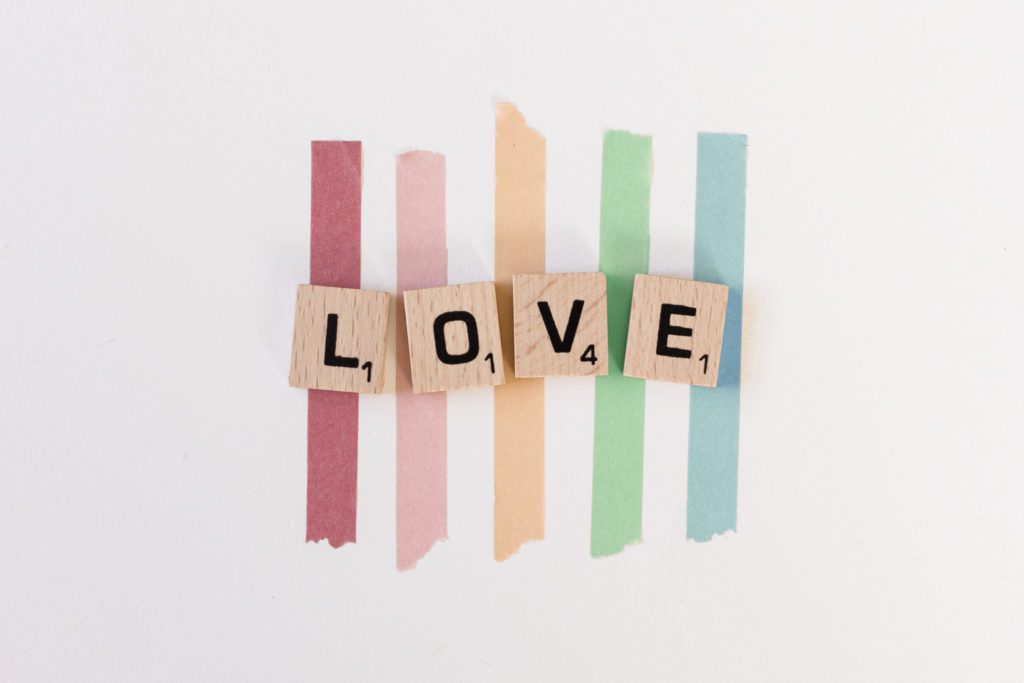
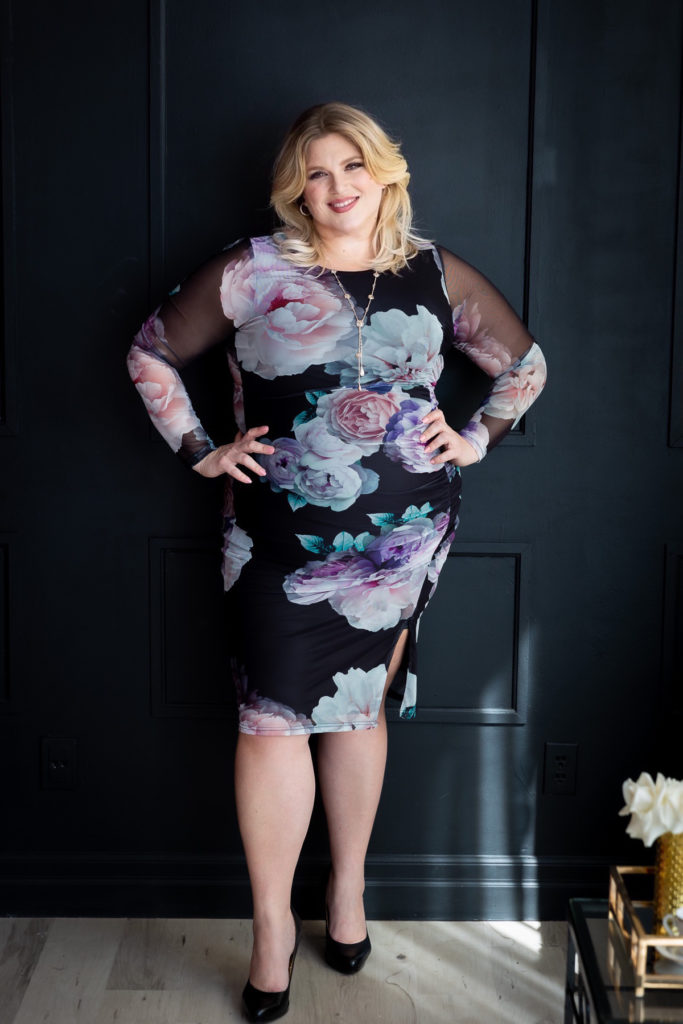
by Danielle Andrews, President of The Wedding Planners Institute of Coordination Inc.
LGBTQ+ couples are often left out when it comes to wedding marketing. They do not see themselves represented in advertising, in magazines, blogs or at wedding shows. It can be very difficult to navigate the wedding world and decipher who of the wedding venues and professionals are safe and welcoming. Can you imagine how it must feel to contact a wedding bakery or photographer and be told, “We don’t work with same-sex couples, we don’t believe in your lifestyle choices”, yet it happens all the time! That discrimination would cast such a negative light on the couple’s entire wedding planning process, when it should be such a happy and hopeful time in their lives. As an ally, you may be wondering how to make your wedding business more LGBTQ+ friendly.
Here are 7 ways to make your wedding business more LGBTQ+ friendly and let potential clients know that you are a safe space for them, free from judgement or discrimination:
1. Inclusive Language
Use inclusive language on your website, your social media and all your marketing to let couples know that you support marriage equality. Also make sure that your business forms like contracts, intake forms, checklists, and questionnaires all use only inclusive language as well.
Some easy word switches would be: “Couple” instead of “Bride and Groom”, “Wedding Party” instead of “Bridal Party”, “Wedding Suite” instead of “Bridal Suite”, “Partner” instead of listing “Bride” or “Groom”.
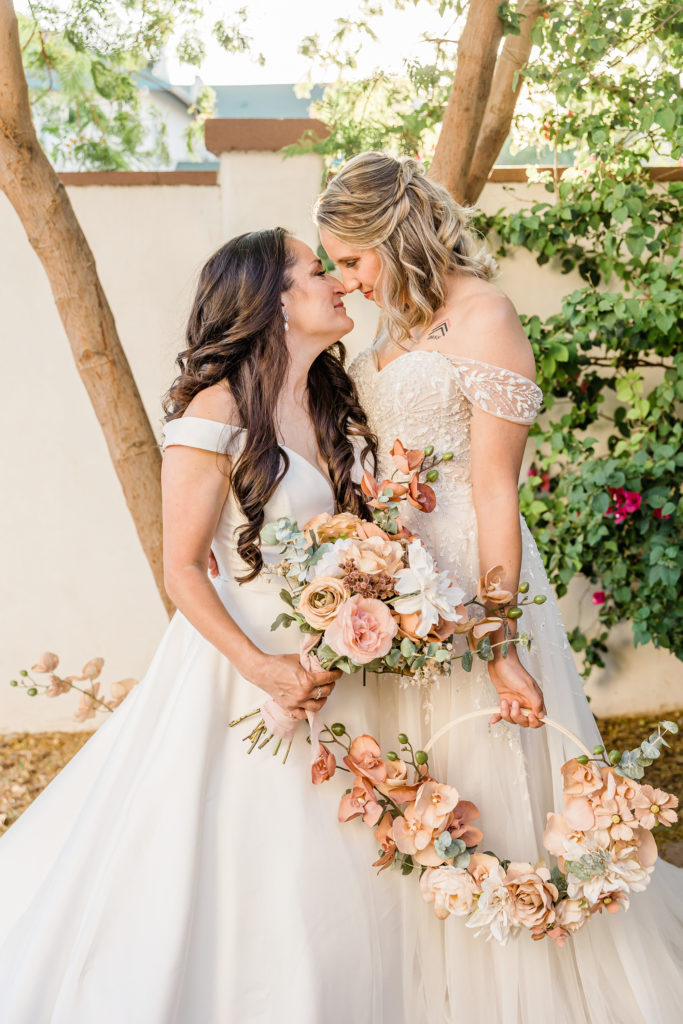
2. Use Photos of Same-sex and Non-binary Couples
By showing photos of same-sex couples on your website, in your marketing and within your social media, you are letting couples know without a doubt that you believe in Marriage Equality. If you have never worked on a Same-sex wedding, but would like to, there are many Stock Photos available that you can use (just don’t misrepresent it as a wedding you worked on.) All of the photos in this Blog post are from the Styled Stock Library, click here.
3. Call Wedding Professionals BEFORE you refer them to your clients
Before referring your clients to a wedding professional, call the professional to make sure that they are a welcoming and safe space for your clients to go. When going for meetings, make sure that the person your couple will be meeting with, knows ahead of time that the couple is same-sex, so there are no awkward exchanges.
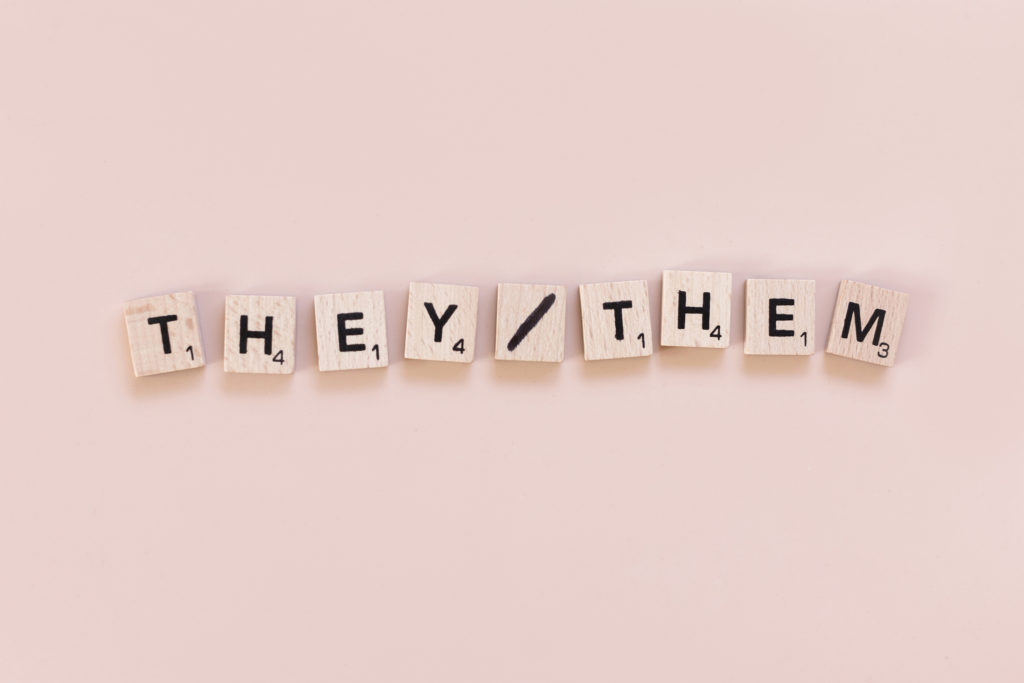
4. Ask for Preferred Pronouns and Titles
Never assume what your couples would like to be referred as. Some Lesbian couples prefer to be called bridegroom. Some couples are non-gendered and would like to be referred to as they/them and partners. Other couples will want to be called Bride & Bride and Groom & Groom. If you are going to be totally inclusive, ask for your clients’ pronouns and titles right from the beginning.
5. Feature Real Weddings and LGBTQ+ Friendly vendors in Blog Posts
When posting Blog articles on your website, remember to include topics and language that speaks to your future same-sex couples too. You can also interview and write about vendors that are LGBTQ+ friendly in your area. If you have worked with same-sex couples, highlight them in a Blog post and write a recap of their wedding.
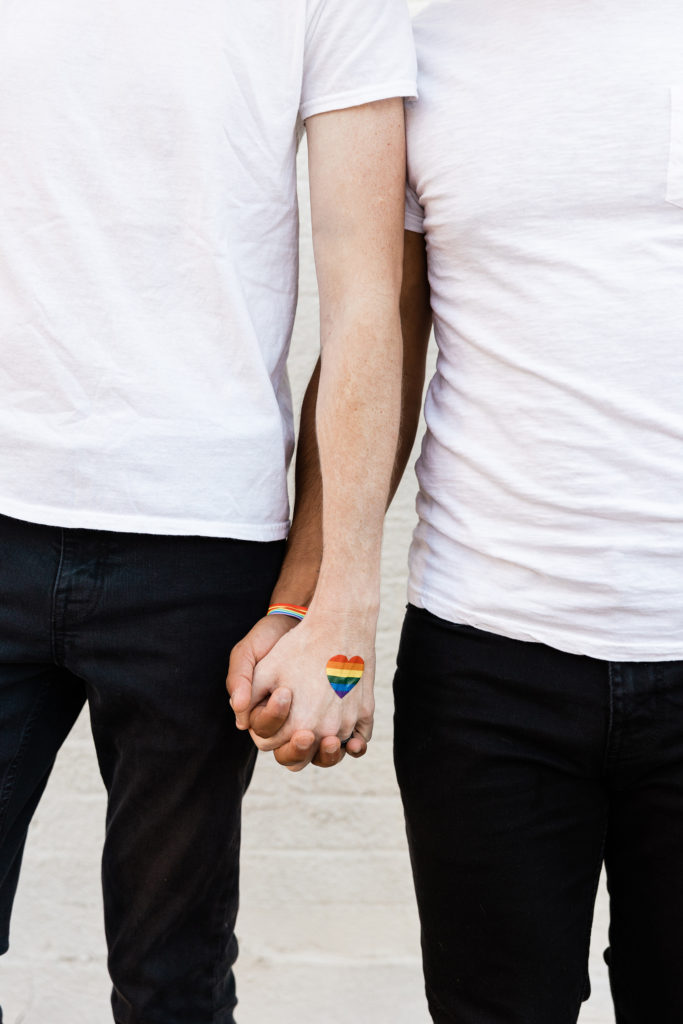
6. Advertise on Same Sex Wedding Websites and at Gay Wedding Expos
If you would like to work with more Same-sex and LGTBQ+ couples, then you need to advertise on LGBTQ+ friendly platforms. Look for local wedding shows and get listed on LGTBQ+ websites. Reach out and network with the other vendors as well so they know who they are safe referring, and you can get to know people you would like to refer and build a wedding team with.
7. Be considerate
Above all else, treat your couples with all of the respect you would show to your heterosexual couples. Don’t say things like, “Well in a normal wedding, we would…”, or “So who is the Bride?”. Don’t ask questions that are none of your business, like if their families support their relationship. Would you ask a hetero couple if they had their parents’ permission to love each other? Don’t refer to their relationship as a “Lifestyle.”
And lastly, don’t assume anything about anyone or their relationship roles, you know how that saying goes…

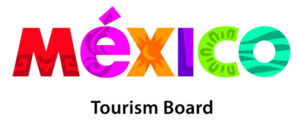
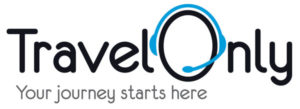
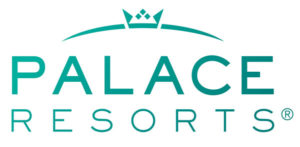
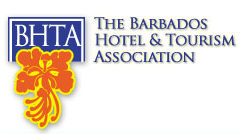
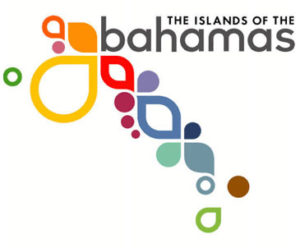
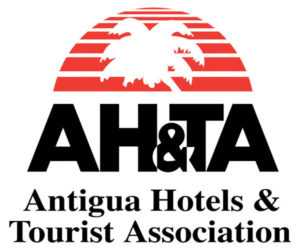
Leave a Reply